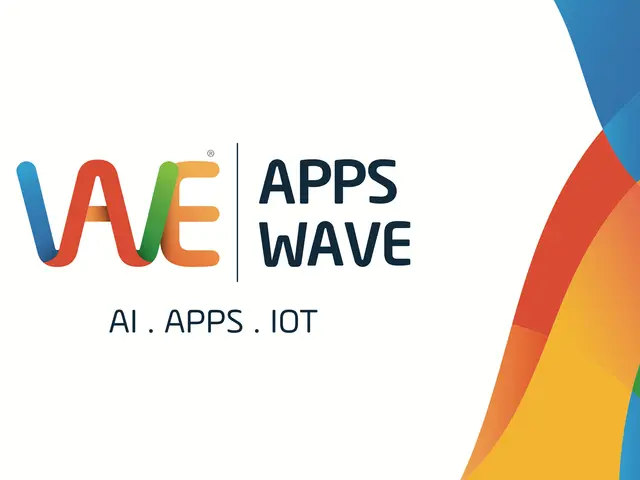Unveiling the Potential of Cloud-Based Clinical Data Administration through Hybrid Solutions
In the rapidly evolving landscape of healthcare, technology plays a pivotal role in shaping the future of patient care. NetApp, a leading data management solutions provider, is at the forefront of this transformation, aiming to enable predictive medicine through the analysis of clinical data to determine treatment modalities.
Before migrating to the cloud, it's crucial to evaluate all applications that support the business to determine their cloud readiness. This meticulous process ensures a smooth transition and minimises potential disruptions.
NetApp offers ONTAP data management for various cloud platforms, including Google Cloud and Microsoft Azure. This integration simplifies the cloud, delivering the right patient data securely, a vital aspect in the healthcare sector.
In a hybrid solution, data can be managed in the cloud and on-premises in the same way, allowing for seamless workload movement. This flexibility is particularly beneficial for high-performing critical workloads like electronic health records systems, which can scale performance and storage as needed in the cloud.
Amazon FSx for ONTAP is another solution NetApp provides, enabling healthcare organisations to migrate applications to Amazon Web Services without the need for rearchitecting or refactoring. This streamlined process reduces complexity and potential issues during migration.
However, managing multiple management systems can make copying data, recovery, or pulling data from the cloud more difficult. NetApp's solutions aim to mitigate this challenge, ensuring a cohesive and efficient data management system.
Scott Raymond, NetApp's CIO for global healthcare, emphasises the importance of determining which data management platform a hybrid cloud solution will run on. He is confident that with NetApp's solutions, a healthcare data center could be easily migrated to a hyperscaler and run the same way as before.
The use of machine learning, automation, and artificial intelligence in healthcare is still in its infancy but is rapidly advancing. Integration of these technologies into hybrid cloud data management platforms will be game-changers, enabling more accurate predictions and personalised treatment plans.
Determining what should and should not be running in the cloud is essential to optimise costs and performance. In a scenario of application rationalisation, healthcare organisations must deeply understand their environments to determine if applications can run in the cloud natively or whether they must be lifted and shifted.
Most healthcare applications are not cloud-native, requiring some level of refactoring before migration. However, some cloud-run applications can be expensive, so cost optimisation is a key consideration.
NetApp connects its ONTAP data management platform with various cloud solution providers, including Amazon Web Services (AWS), Microsoft Azure, and Google Cloud. This connectivity ensures NetApp's solutions are compatible with the major hyperscalers, offering backup and disaster recovery solutions for a secure and reliable data management experience.
In conclusion, NetApp's ONTAP data management platform is a powerful tool in the transformation of healthcare, enabling predictive medicine, streamlining data management, and optimising costs and performance in the cloud.
Read also:
- Peptide YY (PYY): Exploring its Role in Appetite Suppression, Intestinal Health, and Cognitive Links
- House Infernos: Deadly Hazards Surpassing the Flames
- Aspergillosis: Recognizing Symptoms, Treatment Methods, and Knowing When Medical Attention is Required
- Biomarkers as potential indicators in guiding treatment for ulcerative colitis?








